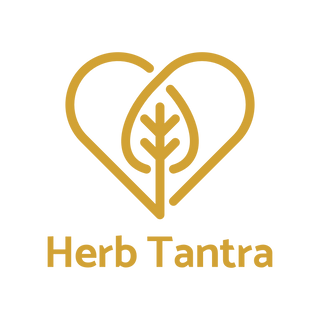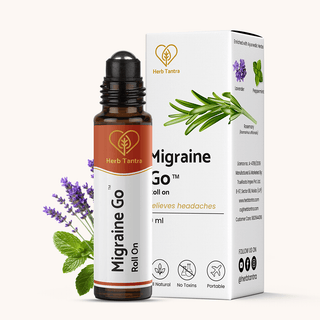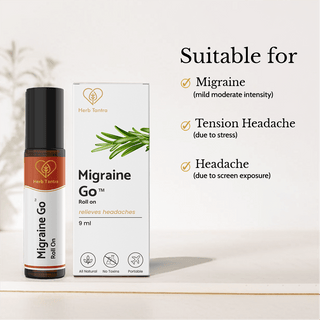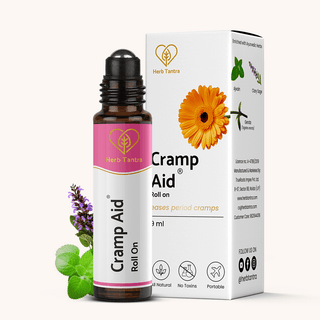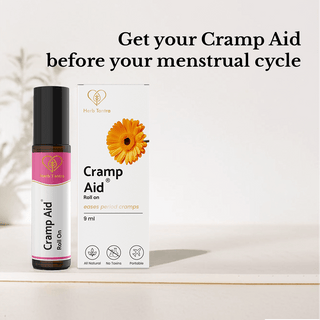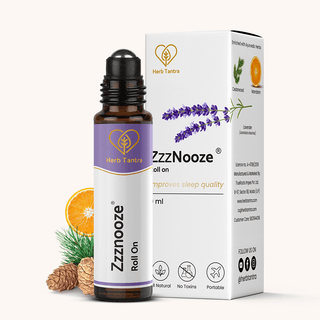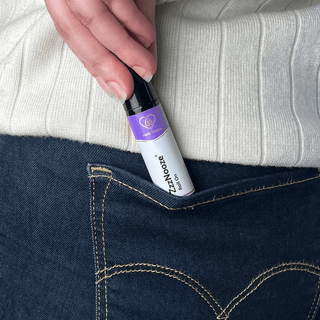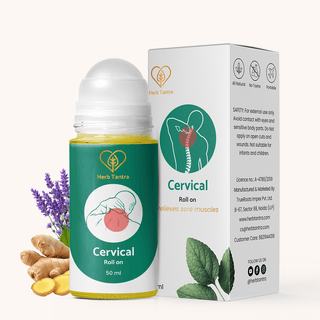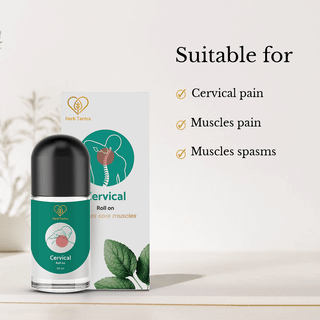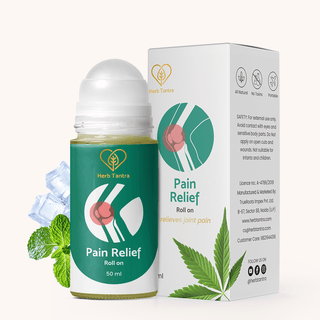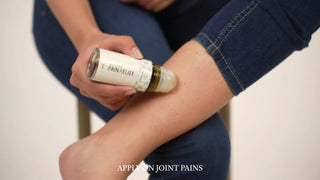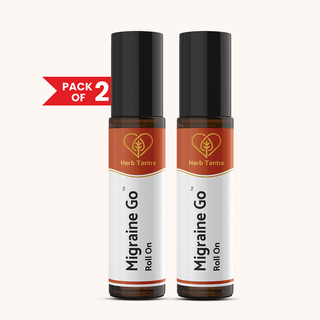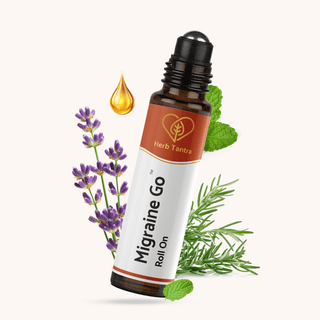Hormonal health during adolescence sets the stage for long-term wellbeing. Yet, many teenagers and young women experience irregular periods, sudden weight fluctuations, or changes in skin and hair without realizing these could be early signs of hormonal imbalance. Two common conditions—PCOS (Polycystic Ovary Syndrome) and PCOD (Polycystic Ovary Disease)—are often confused but have overlapping symptoms. Understanding the difference, recognizing the warning signs, and using natural remedies early can help manage both effectively.
PCOS vs PCOD – Understanding the Difference
Although often used interchangeably, PCOS and PCOD aren’t exactly the same.
- PCOD (Polycystic Ovary Disease) is when the ovaries develop multiple immature eggs which may cause mild hormonal imbalance and irregular periods.
- PCOS (Polycystic Ovary Syndrome) is a more severe hormonal and metabolic disorder where elevated androgens (male hormones) disrupt ovulation, leading to more pronounced symptoms like infertility, weight gain, or insulin resistance.
Both conditions can start during the teenage years and may remain unnoticed until menstrual cycles become irregular or other signs appear.
Early Signs to Watch Out For
1. Irregular or Missed Periods
One of the first red flags in teenagers is an irregular menstrual cycle. If periods are delayed by more than 35–40 days frequently, or you experience skipped cycles, it could indicate hormonal imbalance. Stress or sudden lifestyle changes can cause occasional delays, but persistent irregularity needs evaluation.
2. Excessive Hair Growth or Hair Loss
Excess hair on the face, chest, or abdomen (hirsutism) or sudden scalp hair thinning is linked to high androgen levels, common in PCOS.
3. Severe Acne and Oily Skin
Breakouts on the lower face, jawline, or back are often hormonal rather than just “teen acne.” This is one of the most common early signs of PCOS.
4. Weight Gain Around the Abdomen
Unexplained weight gain, especially around the midsection, can be linked to insulin resistance. PCOS often disrupts the body’s ability to process sugar effectively.
5. Dark Skin Patches
Acanthosis nigricans—dark, velvety skin patches on the neck, armpits, or groin—is an early metabolic sign.
Why Early Detection Matters
Catching PCOS or PCOD early allows you to start lifestyle changes, track cycles, and prevent complications like infertility, diabetes, or metabolic syndrome. Teenagers and young women who learn about their cycles, diet, and stress triggers have a much better chance at long-term hormonal balance.
Natural Remedies and Lifestyle Support
1. Ayurvedic and Herbal Support
Gentle natural remedies can help regulate cycles and ease cramps. For instance, drinking a calming herbal tea like Herb Tantra’s Cramp Aid Herbal Tea—enriched with Chamomile, Spearmint, Lavender, and Ginger—can support hormonal health and reduce period discomfort.
2. Stress Management and Yoga
Stress hormones can worsen PCOS and PCOD symptoms. Incorporating restorative yoga poses, deep breathing, or mindfulness can stabilize mood and reduce bloating and cramps. Yoga poses such as Supta Baddha Konasana (Reclined Butterfly) or Balasana (Child’s Pose) are especially helpful for pelvic relaxation.
3. Herbal Roll-Ons for Cramps
Menstrual pain can be a constant companion for those with PCOS or PCOD. Applying Herb Tantra’s Cramp Aid Roll On (Genda, Ajwain, Clary Sage) on your lower abdomen, thighs, or back can offer quick, natural relief during periods without relying on chemical-based balms.
4. Nutritional Changes
Focus on whole foods, fiber-rich vegetables, and protein to balance blood sugar. Limit refined carbs and sugary drinks to improve insulin sensitivity. Herb Tantra’s Apple Cider Vinegar with the Mother (included in their PCOS Bundle) can also be a gentle support for gut health and weight management.
5. Consistency Over Perfection
Long-term lifestyle changes like regular exercise, sleep hygiene, and balanced meals work better than short-term fixes. Start small but be consistent—this helps reduce androgen excess and improve ovulation naturally.
Building a Sustainable Self-Care Routine for Hormonal Health
Here’s a simple sample plan that combines natural remedies with self-care -
- Morning – Gentle yoga or walking to boost circulation.
- Afternoon – Hydrating herbal tea to reduce bloating and cravings.
- Evening – Apply Cramp Aid Roll On to lower abdomen if cramping.
- Night – Journaling or deep breathing to manage stress hormones.
Over time, these small steps help regulate cycles, improve mood, and reduce the long-term risks of PCOS and PCOD.
When to See a Gynecologist?
While natural remedies and lifestyle changes are powerful, consult a healthcare professional if -
- Periods remain absent or irregular for more than three months.
- You notice sudden weight gain, excessive hair growth, or dark skin patches.
- Cramps or heavy bleeding interfere with daily life.
Early diagnosis ensures timely medical care alongside natural solutions.
Conclusion
Recognizing the early signs of PCOS and PCOD during teenage years and early adulthood allows you to take control of your hormonal health. With the right blend of herbal remedies, stress management, and consistent lifestyle choices, you can balance your hormones naturally and prevent long-term complications. Herb Tantra’s Women’s Health Range—including Cramp Aid Roll On, Cramp Aid Herbal Tea, and Apple Cider Vinegar (PCOS Bundle)—can be seamlessly integrated into your self-care routine for holistic, gentle support.
FAQs
1. What are the first symptoms of PCOS or PCOD in teenagers?
Irregular periods, excessive facial hair, acne, and sudden weight gain around the abdomen are common early signs.
2. Can PCOS and PCOD be managed naturally?
Yes. Balanced diet, exercise, stress management, and herbal remedies like Cramp Aid Tea and Roll On can support hormonal health.
3. Do teenagers need medication for PCOS?
Not always. Mild cases can improve with lifestyle changes, though a gynecologist should evaluate persistent or severe symptoms.
4. How can I relieve period cramps linked to PCOS naturally?
Using herbal roll-ons, drinking soothing herbal teas, applying warm compresses, and practicing yoga poses for pelvic relaxation can all help.
5. Can Apple Cider Vinegar help PCOS or PCOD?
It may support weight management and insulin sensitivity when paired with a balanced lifestyle. Herb Tantra’s Apple Cider Vinegar with the Mother is a gentle option.
